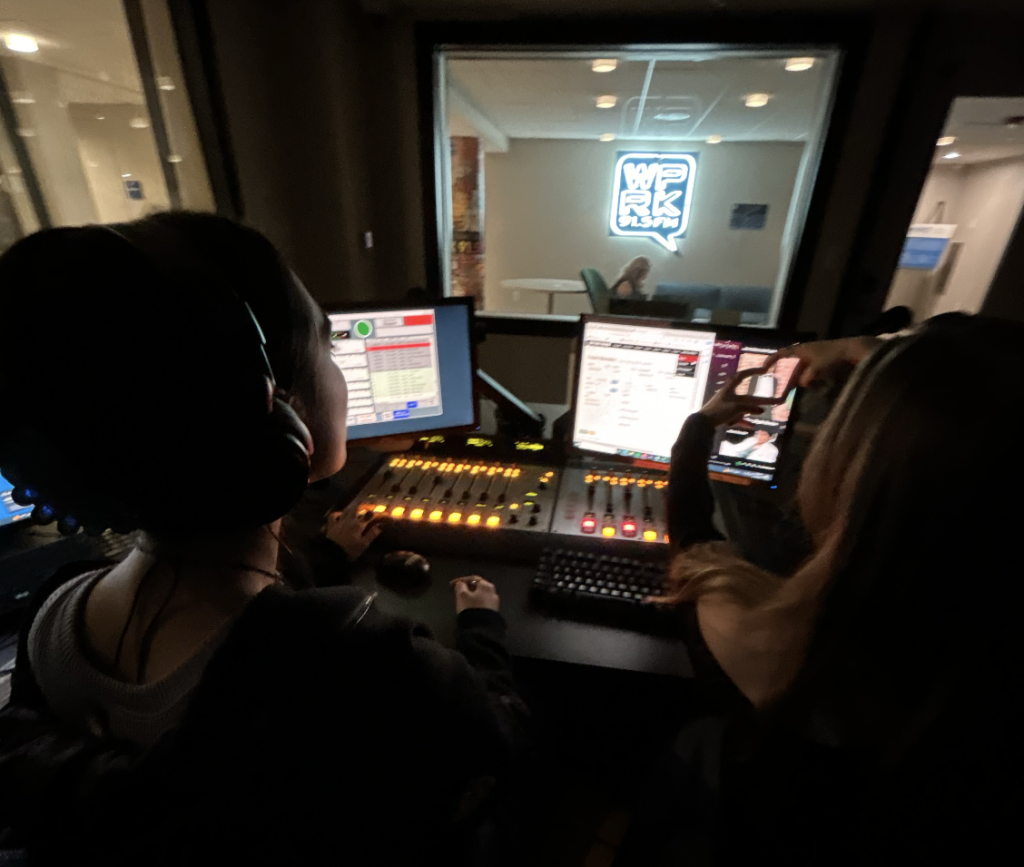
From Husker Du to The Pixies, along with everything in between—The Smiths, Fugazi, The Replacements, and Sonic Youth—these bands are not just the cornerstones of alternative music; they’re the bold architects of an audacious auditory experience.
Each musical act carves its own identity, whether through the simple yet driving basslines of Kim Deal or the Kermit-inspired croon of Morrissey, yet they rest upon a mountain of shared traits.
They tackle similar themes, exploring social issues and the depths of despair, and all hold a position on every middle-aged man in America’s top 5 bands list. These similarities within the alternative genre and the respective bands found within them may be accredited to the fact that they all share the same origin: College Radio.
College Radio first found its footing in 1915 at Union College in New York, establishing the first student radio club to broadcast 30 minutes of music interspersed with 3 minutes of commentary. Now, 110 years later, College Radio has undergone an exponential evolution, with over 600 colleges broadcasting stations across the country. The impact of College Radio is both localized and far-reaching, providing local musicians with a vital platform for exposure while simultaneously catapulting some of the most influential musical acts—such as R.E.M., Pavement, and Nirvana—into the limelight.
Amongst those 600-plus broadcasting services lies WPRK 91.5, Rollins College’s very own college radio station. WPRK began its journey into college radio in 1952, broadcasting the dedication address from president elect Dwight D. Eisenhower. Over the years, the station has become a vital platform for emerging artists, including Thomas Wesley Pentz, better known by his DJ name, Diplo, who honed his craft at WPRK as a student at UCF.
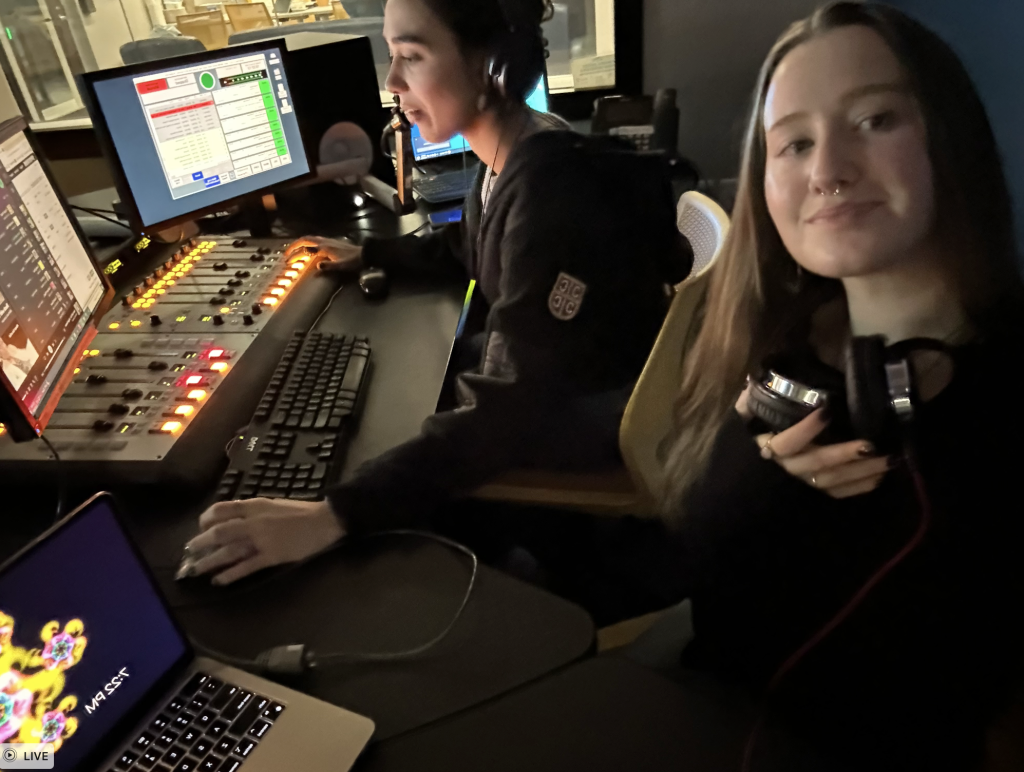
Today, WPRK broadcasts 60 shows, each with its own unique topics and music tastes, including my own show, “2 Non-Blondes,” which airs Thursdays from 7 p.m. to 9 p.m. on 91.5 FM. Every Thursday night, alongside my cohost and roommate, Emmanuella Althuis, I seek refuge in the DJ broadcast booth of the Kathleen W. Rollins building.
“2 Non-Blondes” began as just a small slot on Community Hour, where Emanuella and I meticulously curated each playlist, agonizing over every transition and song placement. Our first time on air, we followed a rigid structure of three-song sets, our quiet, unsteady voices barely daring to do more than announce each song title and artist. But after a year and a half, “2 Non-Blondes” has blossomed into something far more ambitious, with themed broadcasts ranging from a dentistry-focused episode featuring a live interview with a local dentist to deep dives into jazz with our environmental studies professor, Barry Allen. The show still leans on some familiar favorites—Slint, The Red Hot Chili Peppers, The Pixies, and Modest Mouse—but it’s also a gateway for us to discover new artists, fueled by suggestions from listeners and our fellow DJs.
Amid a technological revolution where streaming services dominate the cultural landscape, College Radio finds it increasingly challenging to infiltrate the zeitgeist as it once did. The experience of discovering music has shifted from the hands of DJs to the algorithms that dictate our listening habits. The algorithms provide value in their accessible, convenient, and accurate nature; however, nothing can replace being introduced to your favorite song by someone you’ve never met. While the personal touch of a live broadcast has been replaced by curated playlists, the college radio scene remains steadfast and everlasting. Going into the creation of our show, I had a background in guitar, the drums, and had been a choir member for 10 years; however, WPRK and the community surrounding it taught me more about music and the color of sound than any private lesson ever could. Established shows, including Frankie Messina’s Apartment E Live, or DJ Moe Radio, that have been alongside the station for years emphasize the longevity of college radio, and how current it is, even in the age of Spotify, and apple music.
The opinions on this page do not necessarily reflect those of The Sandspur or Rollins College. Have any additional tips or opinions? Send us your response. We want to hear your voice.





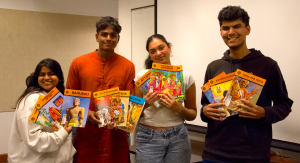

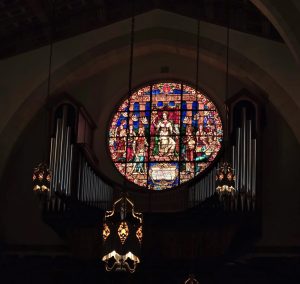
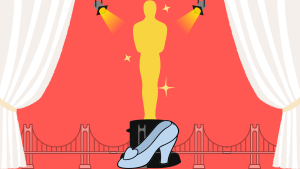
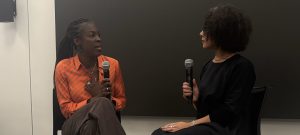

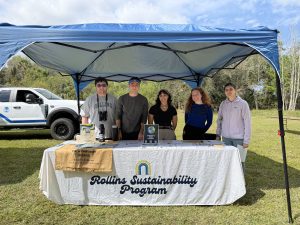
Comments are closed.